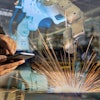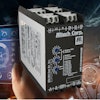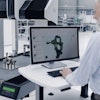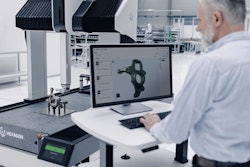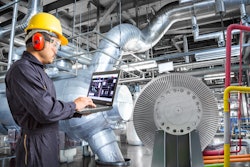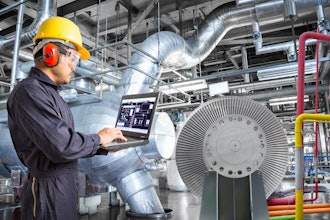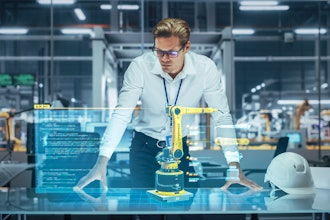Using E. coli For Good
When you hear the words “E. coli”, helpful little bacteria might not be the first thing that comes to mind. However, that’s just what students at the Israel Institute of Technology have done.
Student team Technion has won the gold medal in the international iGEM synthetic biology competition by harnessing E. coli bacteria for good and using them in a chip to test for toxic substances.
The chip, called the “FlashLab”, is based on chemotaxis — a natural biological process where bacteria respond to the presence of a specific substance by moving toward or away from it.
However, in nature E. coli doesn’t detect things we might want to look out for such as heavy metals or hormones in our water supply. That’s why Technion built receptors from scratch, and utilized genes from other bacteria, to engineer a Franken E. coli that would detect the desired stimulus.
Members of the team say the bacteria will be able to detect heavy metals, organic solvents and other substances out in the field with results within 30 minutes.
While there are chemical tests available to detect these substances, team members say they are so toxic, they can’t be used outside of chemical hoods.
The engineered E. coli bug, when placed inside the “FlashLab” allows users to test for toxic substances quickly and cost-efficiently in a way that is significantly cleaner and greener. The chip could also serve as a forensics kit.
SO, WHAT DO YOU THINK?
Do you think the FlashLab could improve toxic substance testing in manufacturing?
Tell us what you think in the comments below.
Turning Up The Volume
According to the U.S. Department of Transportation, electric vehicles and hybrids are too quiet. And although the fact that these eco-conscious cars emitted less noise used to be a selling point, the National Highway Traffic Safety Administration says that it’s actually dangerous.
So now, by September 2019, regulators are requiring newly manufactured EVs and hybrids to emit artificial warning sounds to alert pedestrians of the car’s presence. Under the federal rule, vehicles weighing less than 10,000 pounds must make audible noises when traveling at speeds of up to 19 mph.
Regulators say that once a car reaches speeds above this 19 mph threshold, then noise from wind and wheels will be loud enough to alert pedestrians or cyclists that the car is nearby.
According to the NHTSA, this new rule could help prevent around 2,400 pedestrian injuries per year. And, with pedestrian deaths at their highest in 2015 since 1996, government agencies are keen to see this number drop. This requirement will also likely prove beneficial to pedestrians who are either blind or otherwise visually-impaired.
SO, WHAT DO YOU THINK?
Do you think this new safety regulation will actually improve pedestrian safety? How do you think the new will affect EV and hybrid production among automotive manufacturers?
Tweet us your thoughts @MnetNews or leave your comments in the section below.

